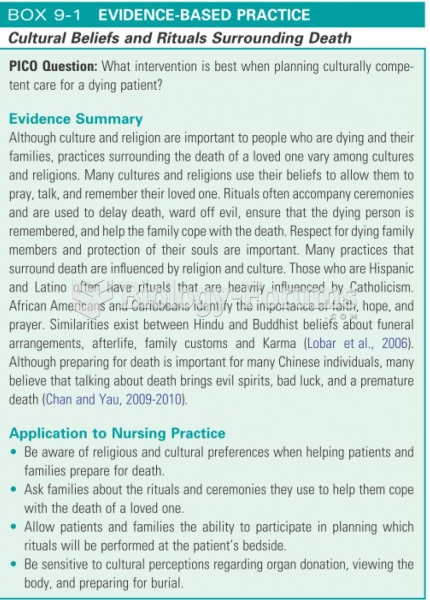|
|
|
Women are 50% to 75% more likely than men to experience an adverse drug reaction.
For about 100 years, scientists thought that peptic ulcers were caused by stress, spicy food, and alcohol. Later, researchers added stomach acid to the list of causes and began treating ulcers with antacids. Now it is known that peptic ulcers are predominantly caused by Helicobacter pylori, a spiral-shaped bacterium that normally exist in the stomach.
Human neurons are so small that they require a microscope in order to be seen. However, some neurons can be up to 3 feet long, such as those that extend from the spinal cord to the toes.
When Gabriel Fahrenheit invented the first mercury thermometer, he called "zero degrees" the lowest temperature he was able to attain with a mixture of ice and salt. For the upper point of his scale, he used 96°, which he measured as normal human body temperature (we know it to be 98.6° today because of more accurate thermometers).
Your heart beats over 36 million times a year.
 Rituals such as the sacrament of the Anointing of the Sick are important expressions of religious be
Rituals such as the sacrament of the Anointing of the Sick are important expressions of religious be
 The number of research articles published on the topic of religious practices and spirituality have ...
The number of research articles published on the topic of religious practices and spirituality have ...





